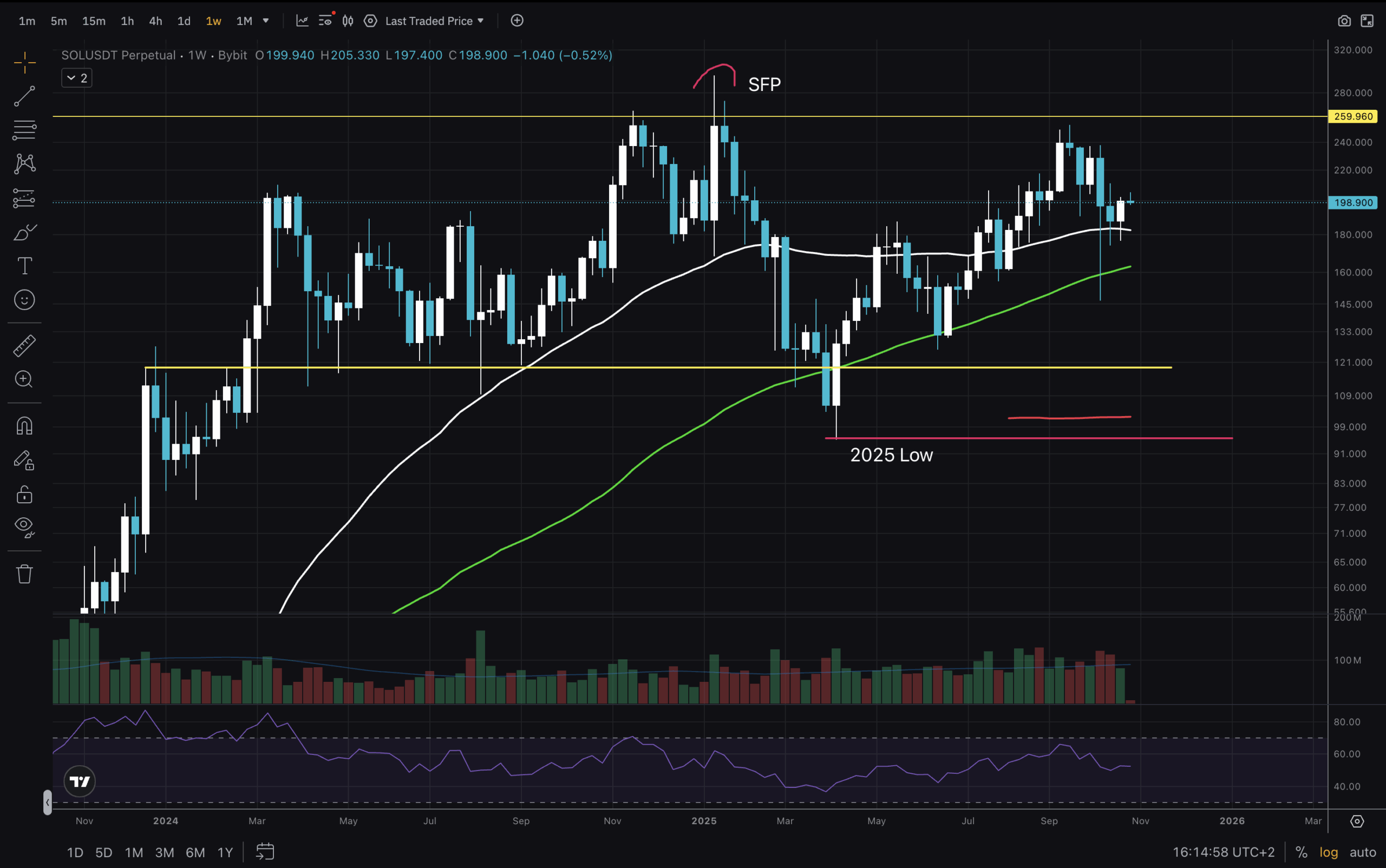Why Country Music Interpreters Matter in an Artist-Writer World
Nashville takes time to honor artists who built careers interpreting others’ songs.

With 17 of the top 20 songs on Billboard‘s current Country Airplay chart written, or co-written, by the artist who performed it, the country music industry has found an interesting time to recognize the interpreters.
Emmylou Harris, who relied on other songwriters for most of the material she has recorded during her career, was inducted into the Nashville Songwriters Hall of Fame on Oct. 6. Trisha Yearwood, who waited until her latest album to dig seriously into songwriting, was recognized for that project, The Mirror, in an Oct. 8 conversation with songwriter Liz Rose at Nashville’s Anzie Blue. And The Music of My Life: An All-Star Tribute to Anne Murray finds at least a dozen acts celebrating a Canadian songstress who has never written a song in her life on Oct. 27 at the Grand Ole Opry House.
“The average listener doesn’t know” if you wrote the song, Murray reasons, “and if you do a good interpretation and you pick good songs, I see no reason why you can’t have success. And I did.”
Indeed, in previous eras, artist-writers were less common than those who built their careers on songs fashioned by full-time composers. And it’s tough to fault the accomplishments of interpreters Martina McBride, Barbra Streisand, Frank Sinatra, Dionne Warwick, Glen Campbell, Elvis Presley, Gladys Knight, Bing Crosby or Linda Ronstadt.
“I just always wanted to be her,” Yearwood said of Ronstadt during her Oct. 8 event. “I still just want to be her.”
Not everybody does. A premium is placed on singer-songwriters in the current marketplace, in part by the artists and their representatives, since writer royalties provide singers with an additional revenue stream. But the age of the internet likely creates extra pressure for artists to write their own material. Fans interact with performers through social media, and with that personal connection, they seek personal insights from artists in their songs, too.
“It’s great, whatever they choose to do to become successful and happy,” Murray allows. “Things do change.”
Murray, in fact, witnessed the first wave of that change. The Beatles, Bob Dylan and The Beach Boys‘ Brian Wilson elevated the concept of the artist as writer in pop music in the 1960s.
It created a certain level of snobbery from some fans — and from some artists — around the subject. Murray is certain she has been criticized for not writing her own songs — “but,” she says, “not to my face.”
Yearwood similarly maintains a sense of humor about it. When questioned about not writing her hits, she often insisted that “no one ever thought ‘I Fall to Pieces’ was less of a song just because Patsy Cline didn’t write it.”
In fact, some of the albums that have been most important in country music history — Willie Nelson‘s Stardust, Ray Charles‘Moderns Sounds in Country & Western Music and The Nitty Gritty Dirt Band‘s Will the Circle Be Unbroken — were intentionally built around songs not written by the artist. The genre wouldn’t be what it is without them.
Similarly, most of Harris’ albums were shaped by other people’s material, even though she proved on The Ballad of Sally Rose, Red Dirt Girl and Stumble Into Grace that she is quite adept at composing when it suits her.
“The song, for me, is everything,” she said during her Nashville Songwriters Hall of Fame acceptance speech. “I’m an interpreter — proud to be — and I really am grateful that there are people like Rodney [Crowell]who write these wonderful songs so that I don’t have to go into the writing room and pull them out.”
Subscribe to Billboard Country Update, the industry’s must-have source for news, charts, analysis and features. Sign up for free delivery every week.
With thousands of songs available, Harris — much like Charles, Ronstadt or Nelson — selected her songs to fit specific themes or sonic motifs. She was able to renew her art repeatedly through her choices.
“She has really challenged herself as an artist through the years and she’s just kept growing,” fellow Songwriters Hall inductee Jim Lauderdale notes. “I would have been content as a fan and listener if she would have just done the first five albums — you know, repeating those in some way — but she went way beyond that.”
Harris evolved from album to album much the same way that Meryl Streep, Johnny Depp or Charlize Theron drew from different parts of their creative wells to play parts in movies they did not write. That often required them to convey the personality of roles that had no relationship to their real lives.
Similarly, no one required McBride to have actually burned down a house to deliver the story in “Independence Day.” Garth Brooks didn’t have to crash his ex’s wedding to sell the drunken scenario of “Friends in Low Places.” Reba McEntire wasn’t forced to kill anyone to sing “The Night the Lights Went Out in Georgia” or become a hooker to capture the emotions in “Fancy.” And Yearwood didn’t need to have a teenage fling with a criminal to pull listeners into “Walkaway Joe.” She also was able to maintain some privacy.
“I become a character in the movie for three-and-a-half minutes when I sing a song,” Yearwood said. “You’re able to [connect] through your emotions, but that’s really personal. You’re not necessarily sharing [your inner life] with everybody. I feel like I kind of kept that wall up for a long, long time.”
Still, when the majority of artists are mining their inner world to write their material, a gut-level connection with songs does matter, even for the interpreters. But artists weren’t always allowed to select the material that resonated most with them; many — particularly females — were at the mercy of their producers.
“A lot of the girl singers — Rosemary Clooney, Peggy Lee and Patti Page and people like that — they didn’t even have a choice,” Murray says. “Somebody chose the songs for them. I’ve had conversations with Rosemary Clooney about that. She hated some of the stuff she did because they didn’t give her meaty stuff. You know, something like ‘You Needed Me’ where you could sink your teeth into it.”
Ultimately, the emotional impact on the listener remains the most important aspect of a performance, whether the conduit is a singer-songwriter or an interpreter.
“The world needs songs,” Harris said. “We need someone to express what is inside our hearts, what is inside our souls, and nothing touches us more than a song that speaks to our humanity.”
What's Your Reaction?












































